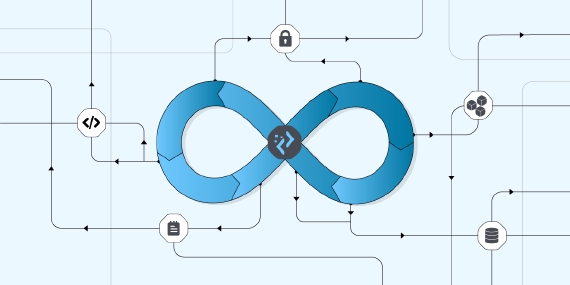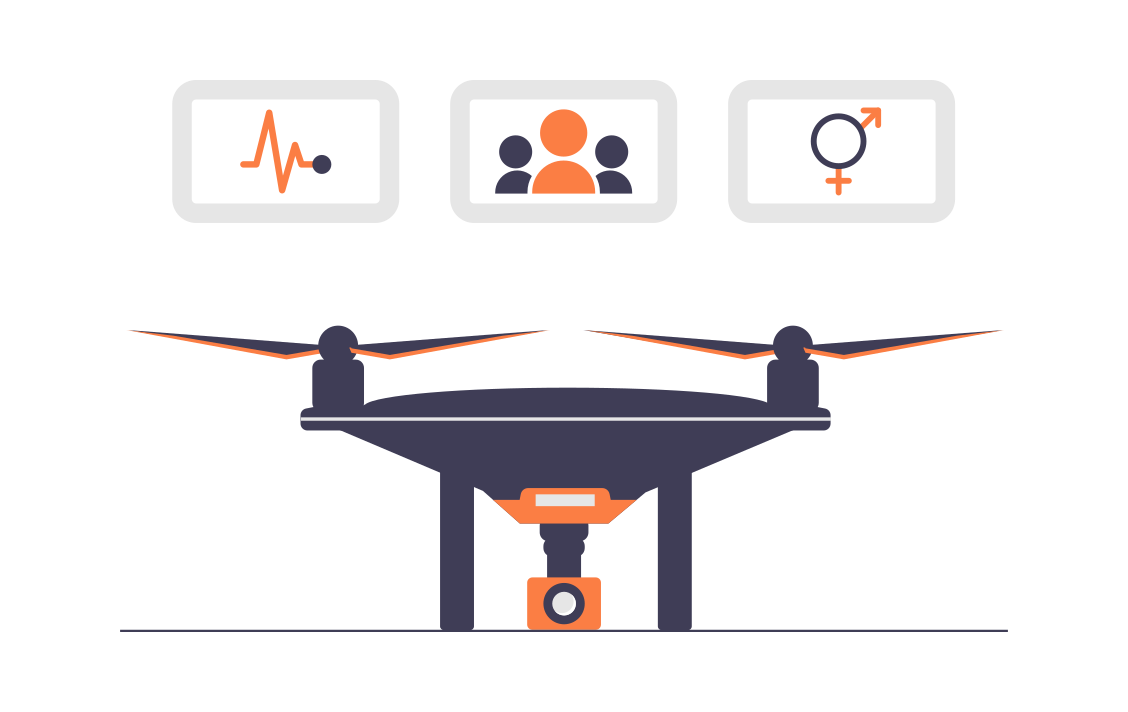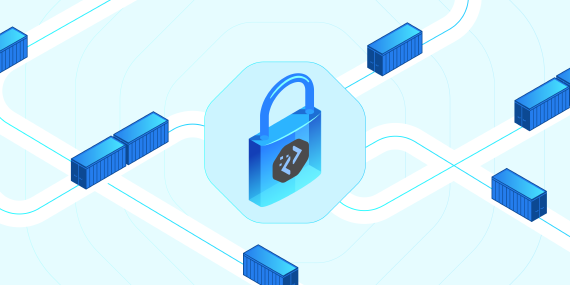
Code Signing With Compage- Safeguarding Your Software Supply Chain from Threats
A software supply chain comprises the code, people, system, and processes of creating, distributing, and …

DevOps is a buzzword in the IT industry. With the rapid adoption of cloud, application development has become stronger, increasing the speed and agility of delivery processes. CI/CD results in faster time-to-market and improved stability. However, security is out of the picture.
DevSecOps is a transformational shift that incorporates security culture, practices, and tools in each phase of the DevOps processes. It provides security right from the first stage and automates security tasks in the later stages of SDLC. The objective is to maximize security through minimizing potential errors or gaps that may be vulnerable.
How will a team know that it is delivering a secure application? To understand DevSecOps, all employees must take responsibility of the software’s security. Security is different from production. However, placing it as top priority may create friction between teams. This may happen due to lack of awareness. Right from the top management to developers, security must be integrated in daily tasks. Without a dedicated team of security professionals, it is hard to achieve speed and agility without the risk of important organizational data being compromised.
Currently, most organizations test for software vulnerabilities at the end of the SDLC, which is harmful. A robust and effective security approach incorporates security systems in planning, designing, and coding stages of automated testing.
DevSecOps reduces errors that often plague effective application development processes. By integrating security at the early stages of automation, it reduces the risks that can cause errors. Few benefits of DevSecOps include:
It is hard to incorporate the mindset for DevSecOps. This organizational change requires a slow, deliberate approach. Implementing DevSecOps will create a collaborative environment where business stakeholders work with security architects and use appropriate tools for developing enterprise applications. There is no-one-size-fits all model.
With DevSecOps, enterprises can spend more time on strategic activities to add value to the customer rather than fixing security vulnerabilities in their application.
Reference links to read more:-

A software supply chain comprises the code, people, system, and processes of creating, distributing, and …

Legacy systems are a major cost driver for organizations, yet many businesses opt to retain these aging …

Containerization, a software development technique that packages an application and its dependencies into a …
Finding the right talent is pain. More so, keeping up with concepts, culture, technology and tools. We all have been there. Our AI-based automated solutions helps eliminate these issues, making your teams lives easy.
Contact Us